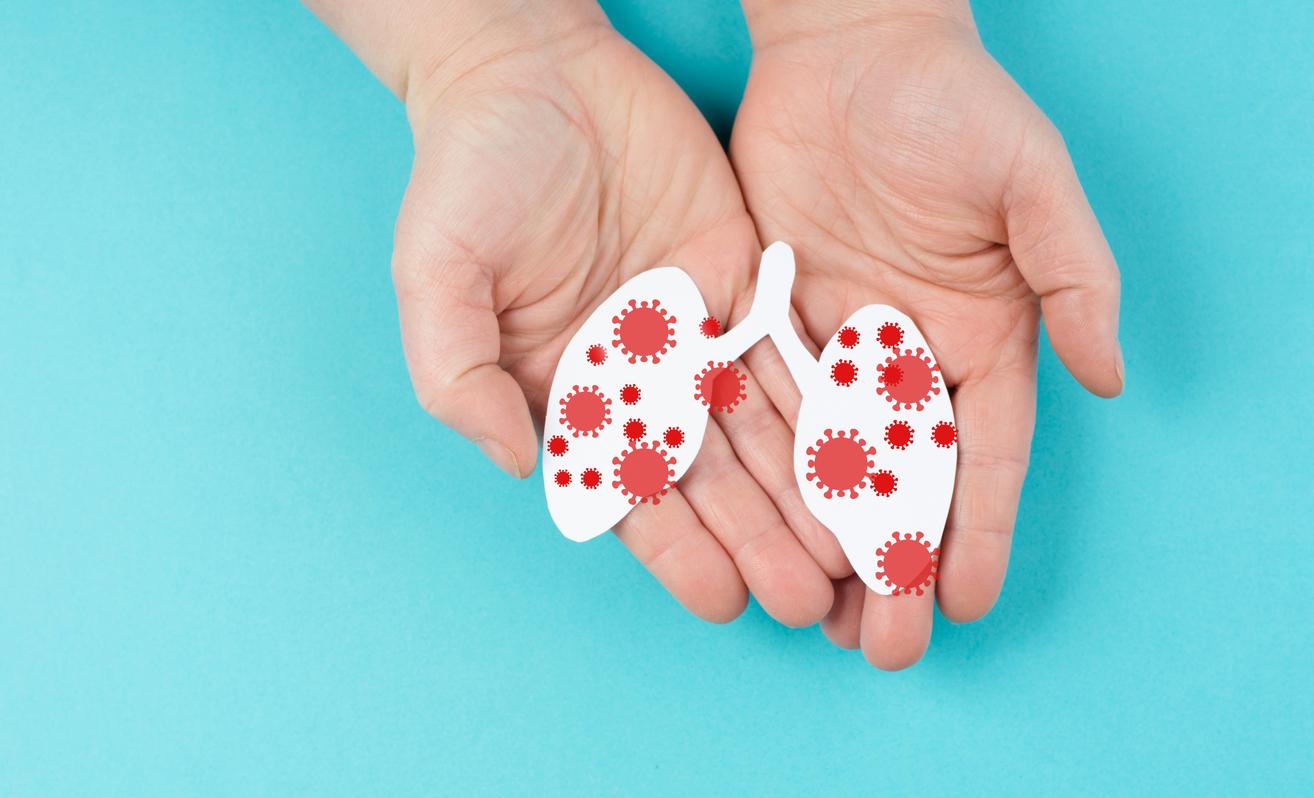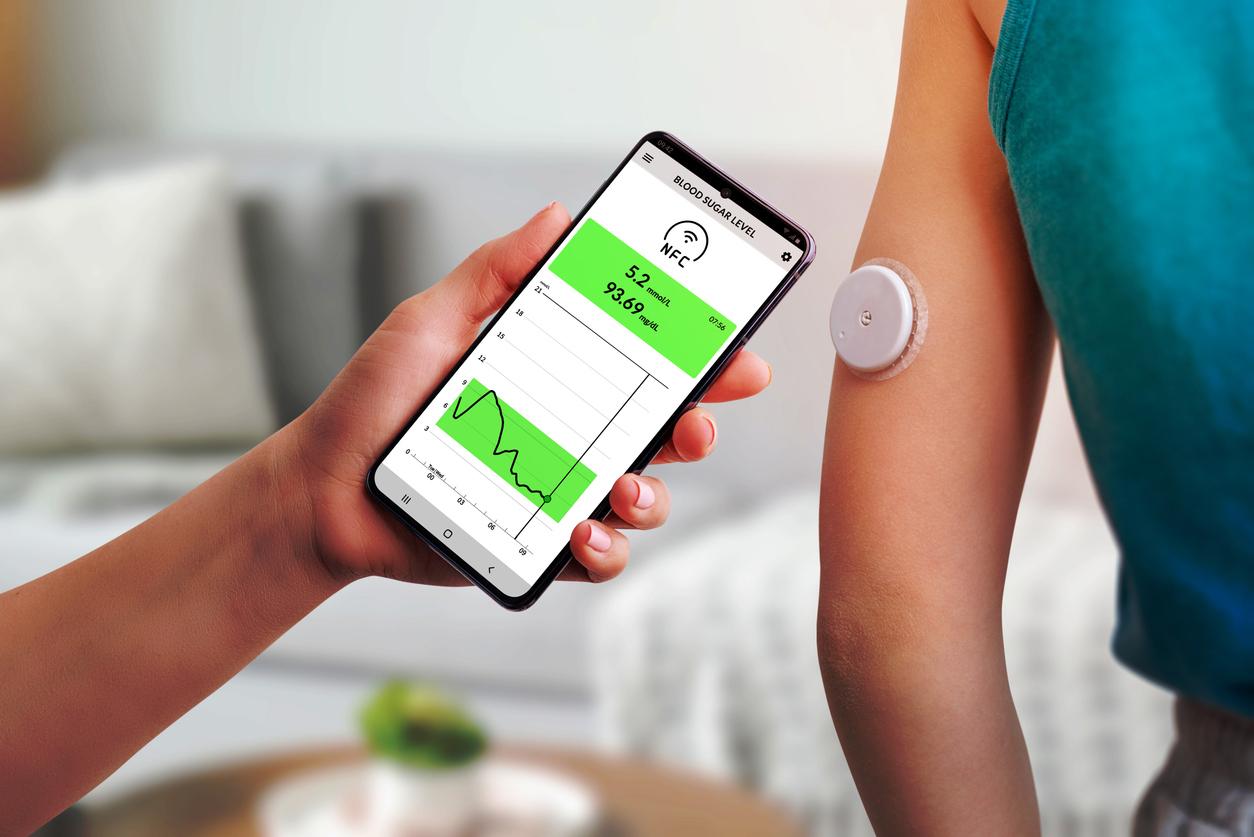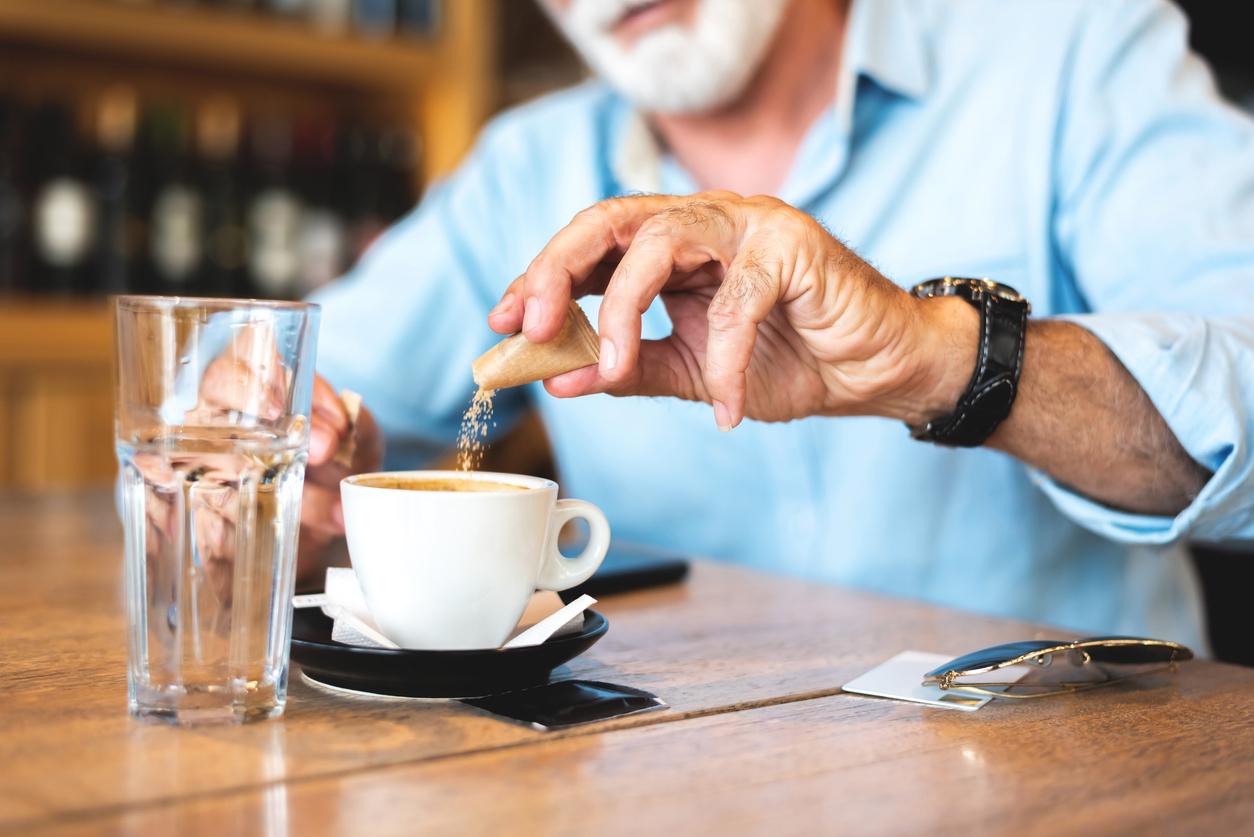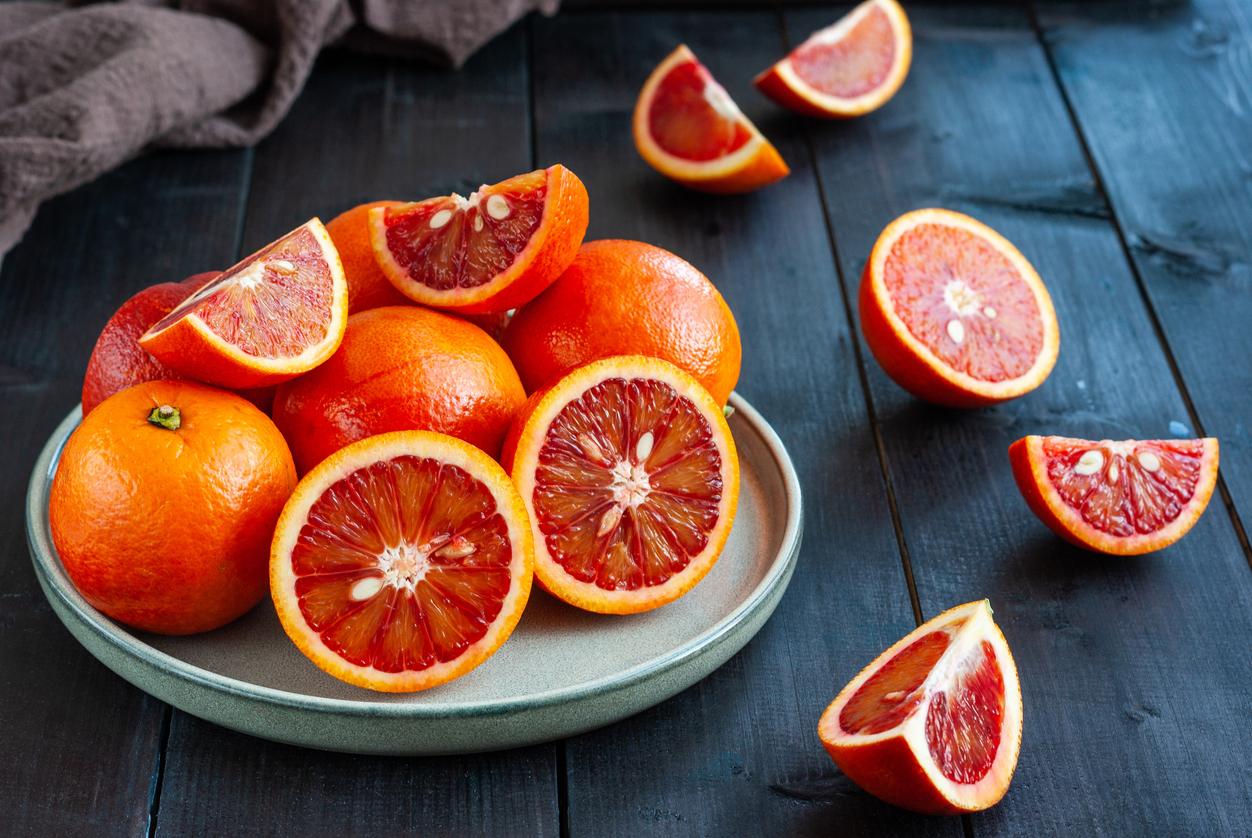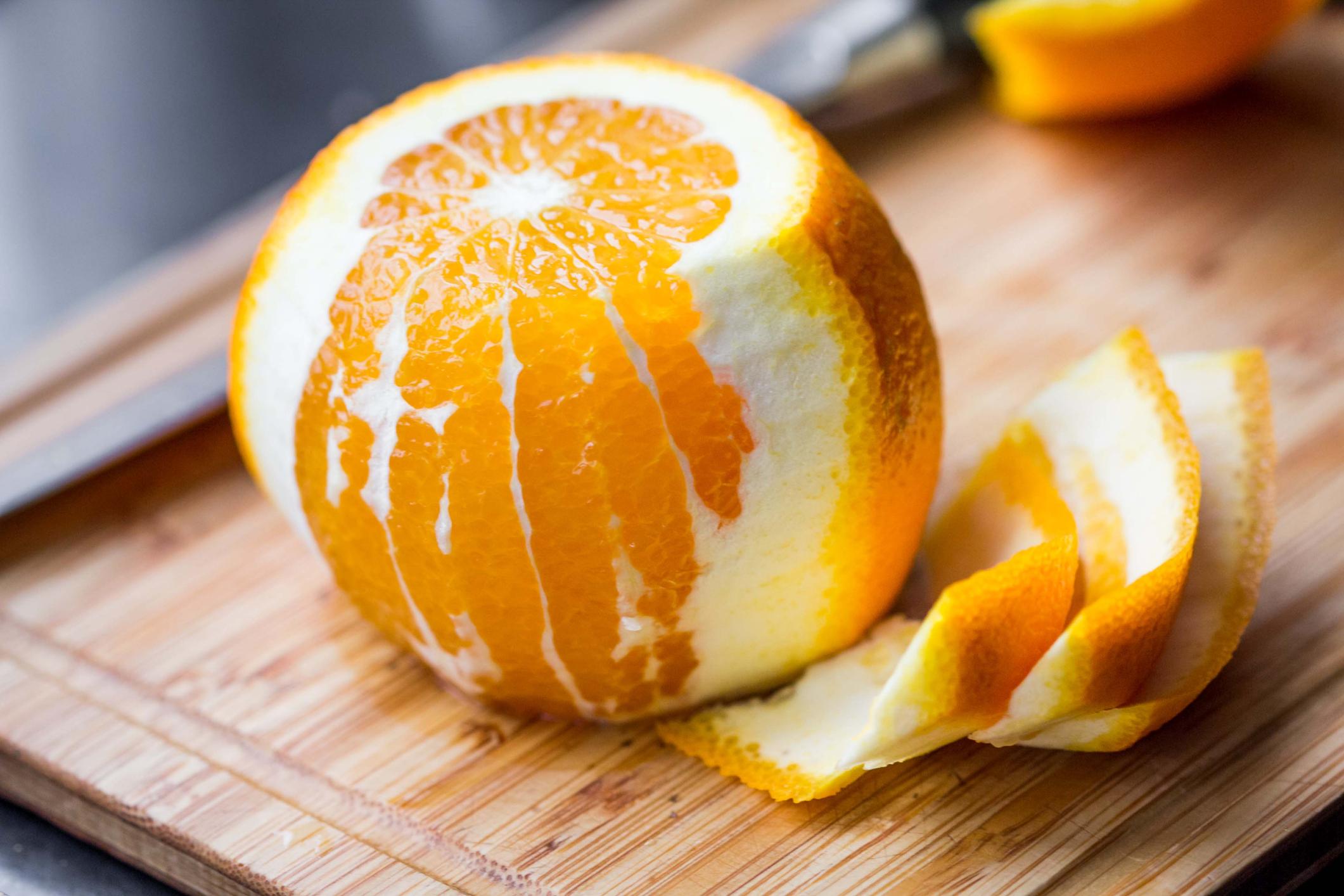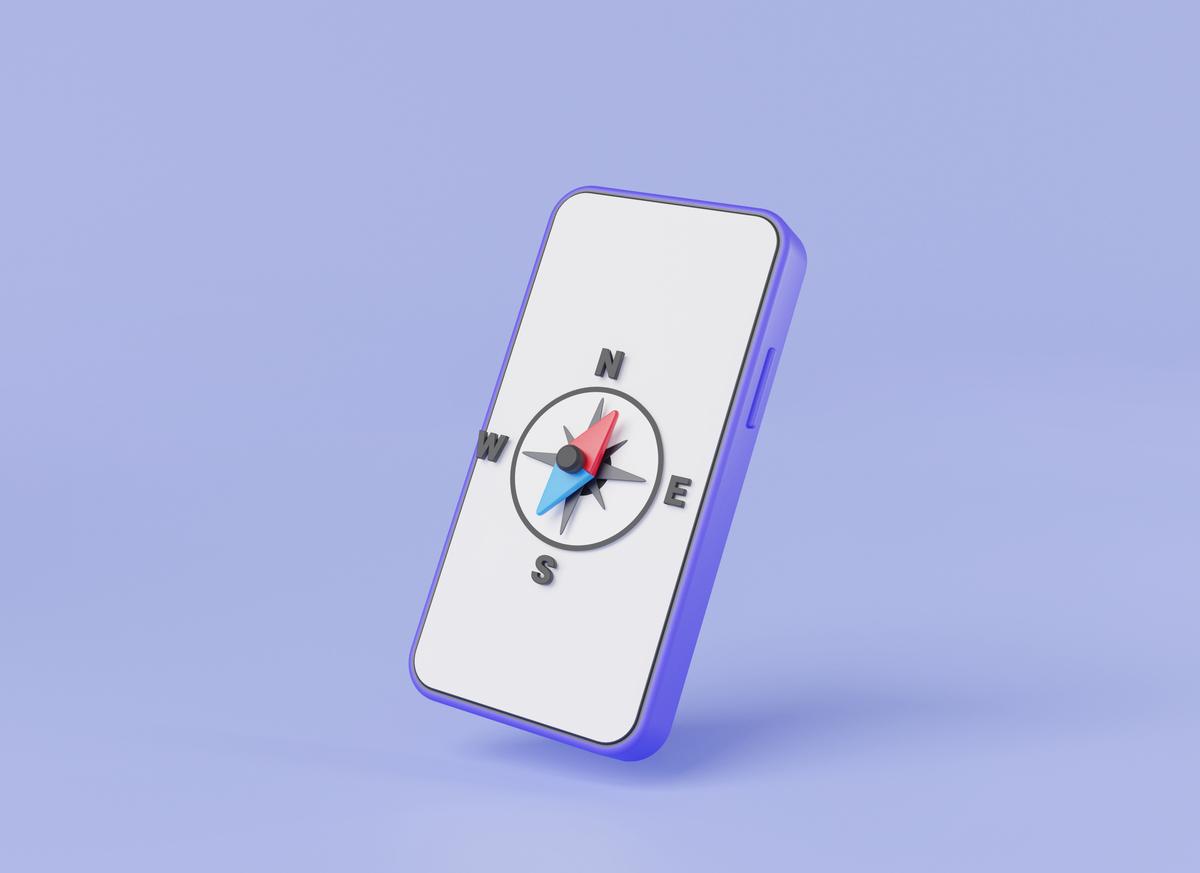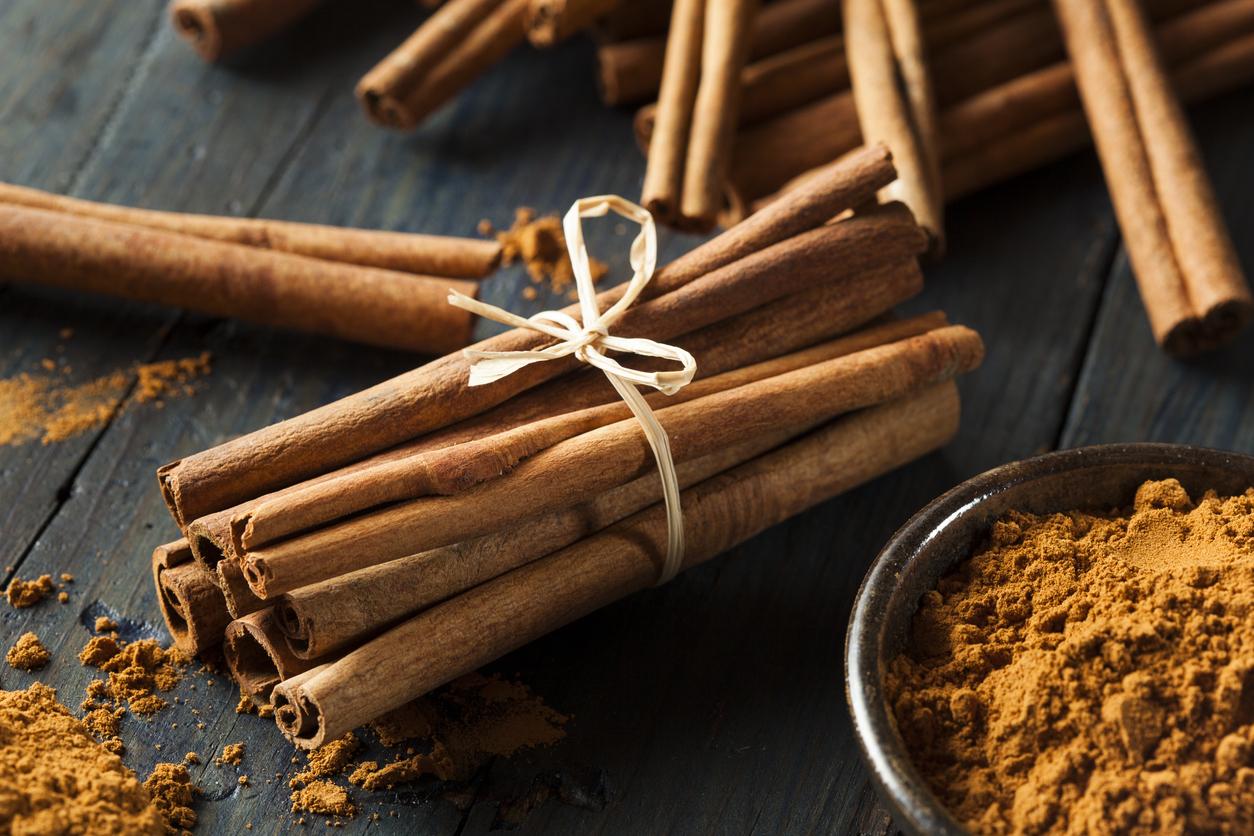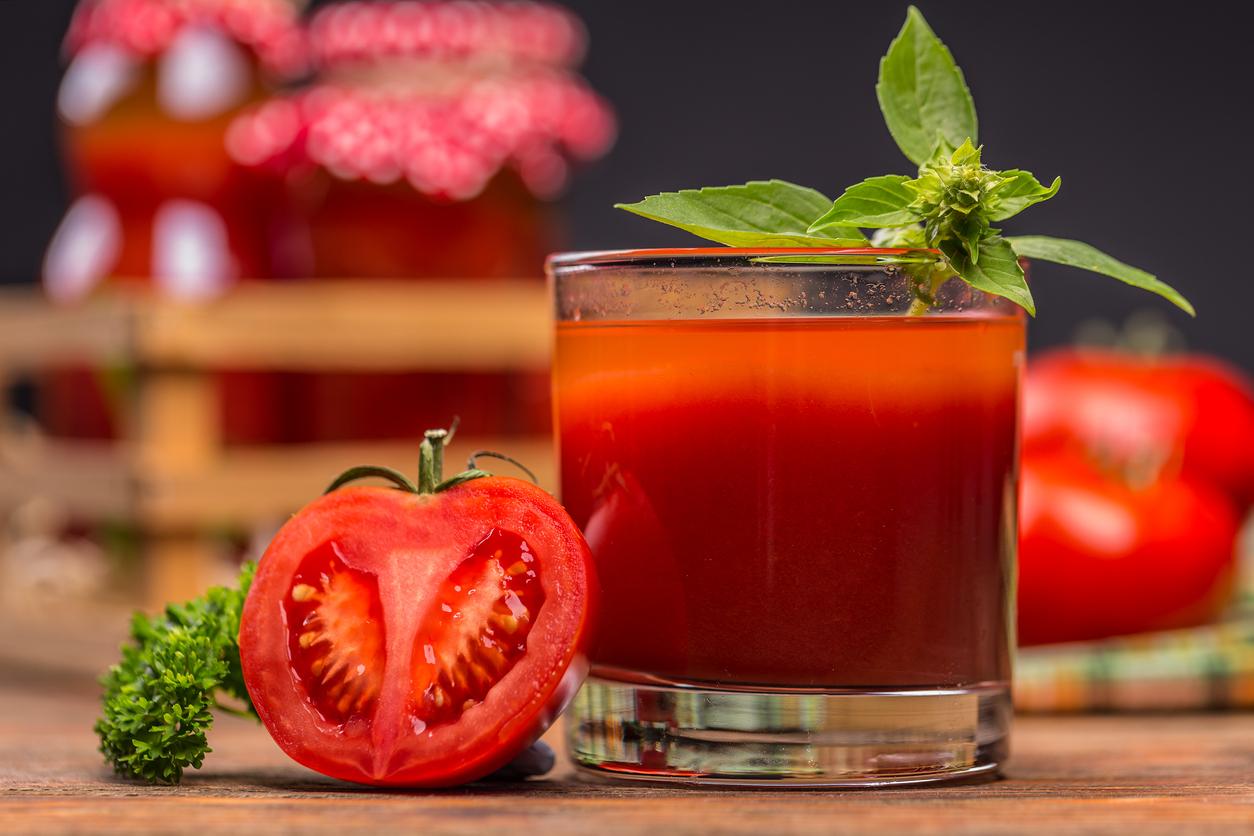Consumption of squeezed orange juice results in lower blood glucose concentrations compared to a drink containing sucrose.
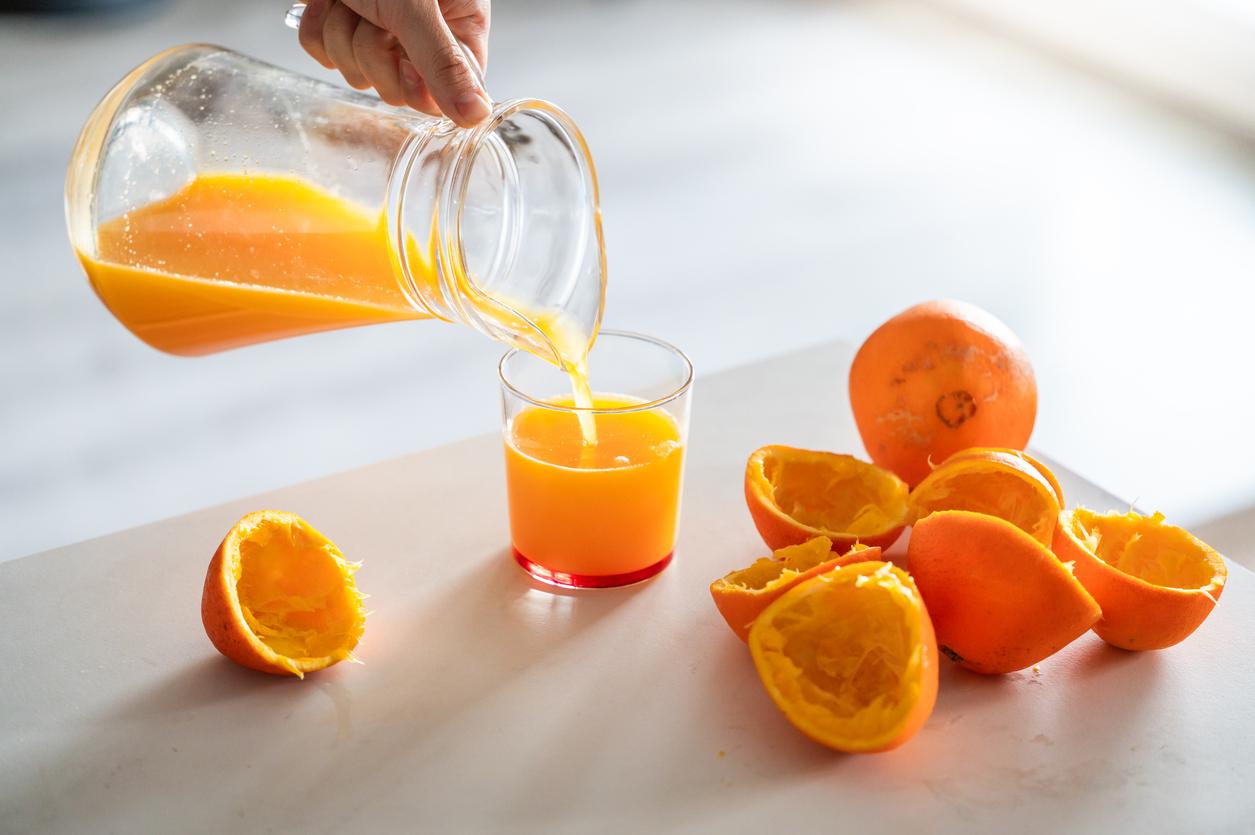
- Caloric compensation was almost complete after consumption of 100% pure orange juice compared to the sucrose-containing beverage (84% versus −24.7%).
- Consumption of squeezed orange juice led to a reduction in food intake at lunch.
- Blood sugar concentrations for the rest of the day were also lower after a glass of pure orange juice compared to the sucrose-containing drink.
Fruit juices are often seen as nutritious alternatives to whole fruits, which contain natural sugars, fiber, micronutrients and bioactive compounds. However, according to dietary advice aimed at reducing daily intake of free sugars, their consumption should be reduced, because they are very sweet and low in fiber, which promotes weight gain.
240 ml of pure orange juice, a drink containing sucrose or water
In a recent study, researchers from the Metropolitan University of Toronto (Canada) wanted to compare the effects of an orange-flavored drink containing sucrose, or “table sugar”, to those of a juice. 100% pure orange on food intake at the next meal, glycemic response, average appetite, emotions and sensory characteristics. For this, they recruited 36 adults aged 18 to 45 and with a body mass index (BMI) between 18.5 and 24.9 kg/m2.
During an experiment, participants consumed, in random order and at least 5 days apart, three 240 ml drinks. These were 100% orange juice, a drink containing sucrose or water. Glycemic response, average appetite, and subjective emotions were measured every 15 minutes for 60 minutes. To assess food intake, the team offered volunteers a pizza every 10 minutes for 30 minutes for lunch. They had to eat it until they were full. Rest-of-day blood glucose response and energy intake were determined using a continuous glucose monitor and food recording.
A drop in food intake and blood sugar levels after consumption of squeezed orange juice
According to the results, published in the journal Nutrients, there was no significant difference in average appetite between drinks. However, blood sugar levels were lower after adults drank pure orange juice. That “shows that the body can recognize a difference between natural sugars and added sugars.” In addition, energy intake was lower in participants who consumed this squeezed fruit juice. This effect persisted for the rest of the day.
The authors observed that the energy contained in the orange juice was compensated at the next meal, that is, the volunteers reduced their food intake at lunch by an amount similar to the energy contained in orange juice, while people ate more calories at lunch after consuming the sucrose-containing beverage.








